Introduction

For obvious reasons I prefer reviewing lenses I am also personally interested in. But every now and then I also review lenses where this is not the case. Sometimes, because I think that lens might still be interesting for you, sometimes, because I just want to see if the manufacturer made any progress since their last lens I reviewed. This AstrHori 50mm 2.0 is one such case, so let’s have a closer look.
Sample Images
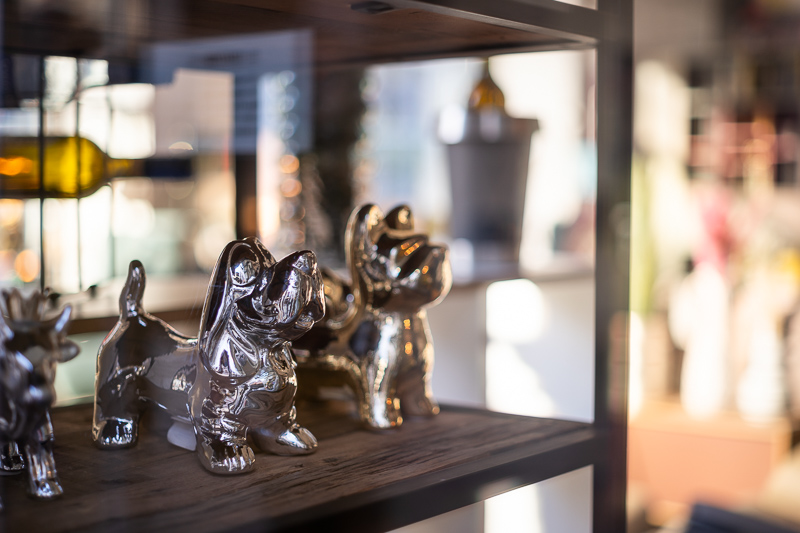

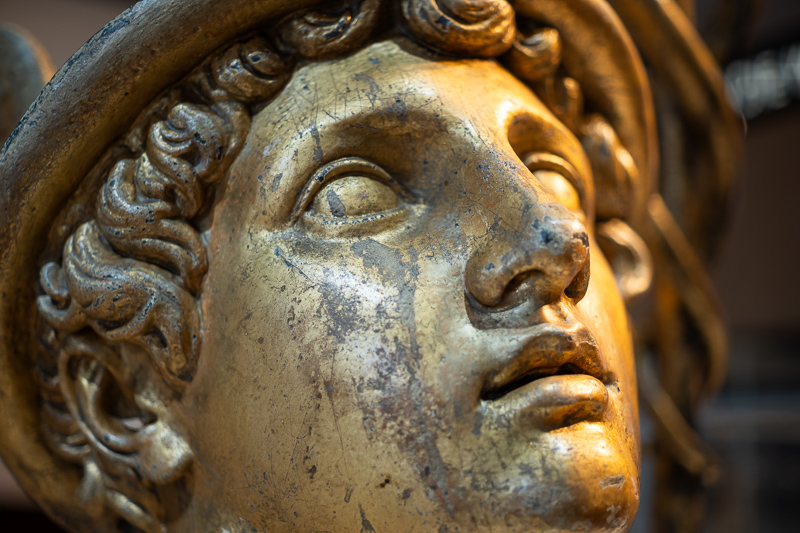

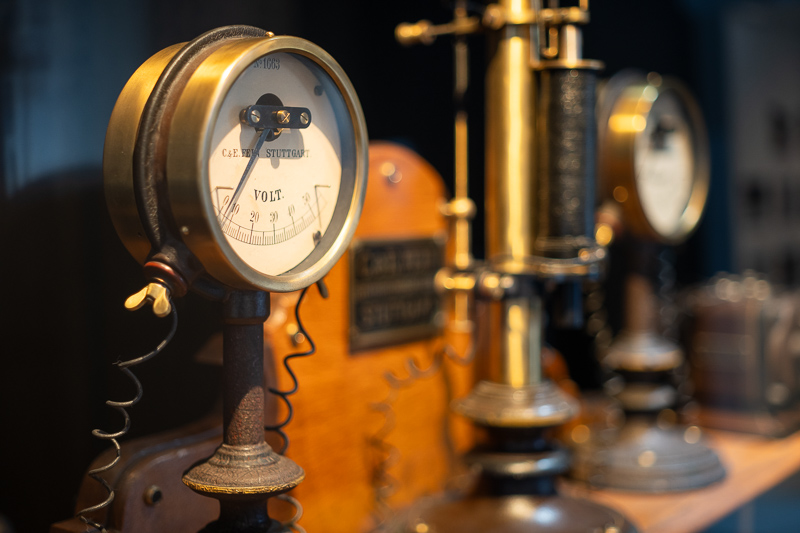

Most of the sample images in this review can be found in full resolution here.
Contents
Specifications
This AstrHori 50mm 2.0 has the following specifications:
-
- Diameter: 60 mm
- Field of view: 46.8° (diagonally)
- Length: 52 mm
- Weight: 299g (no hood, no caps)
- Filter Diameter: 52 mm
- Number of Aperture Blades: 12 (rounded)
- Elements/Groups: 6/5

- Close Focusing Distance: 0.47 m (measured)
- Maximum Magnification: 1:7.6 (measured)
- Mount: Sony E
buy from ebay.com | ebay.de for $79 (affiliate links)
Disclosure
The AstrHori 50mm 2.0 was provided free of charge by AstrHori for reviewing purposes.
Handling / Build Quality

This AstrHori 50mm 2.0 feels like it is mainly made from metal. The markings on the lens barrel are engraved and filled with paint, those on the front retention ring are printed on.
The focus ring has a nice, even resistance and turns about 140° from the minimum focus distance of 0.47 m to infinity. The lens does focus a bit past the infinity mark.
The aperture ring does not feature click stops and the markings are not exactly spaced equidistantly. Accodring to the markings on the ring the lens opens a bit wider than f/2.0, I am not sure if the f/2.0 marking is wrong or if the lens is actually slightly faster than f/2.0.
This is not the first lens where this is the case, but once more with have depth of field markings for f/11 but no f/11 marking on the aperture ring.
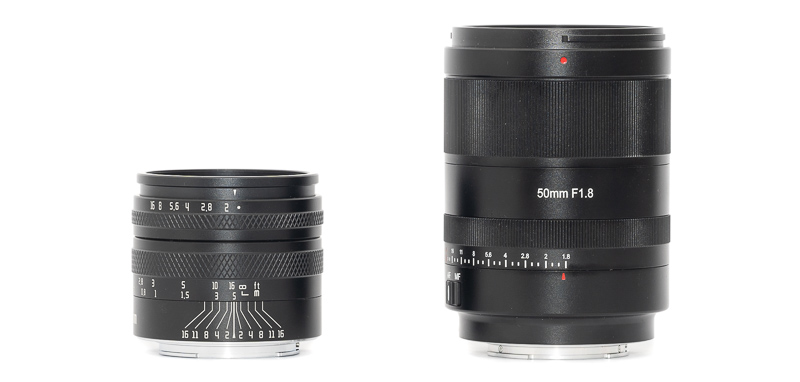
Compared to the rather bulky 7Artisans 50mm 1.8 AF this is a small lens, but then we already had a TTArtisan 50mm 2.0 which is significantly smaller and also lighter.
This is an all manual lens that does not feature electronic contacts to communicate with your camera. It also did not ship with a lens hood.
Vignetting
light falloff
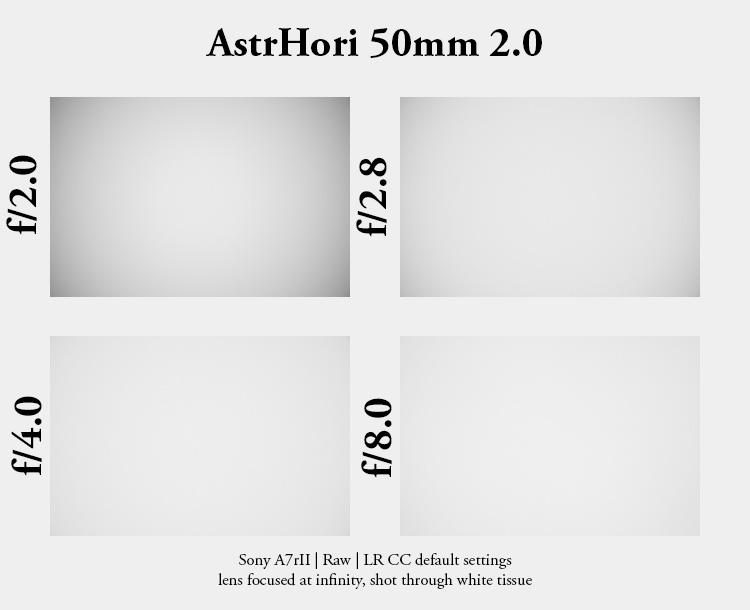
| f/2.0 | 2.1 EV |
| f/2.8 | 1.4 EV |
| f/4.0 | 1.0 EV |
| f/5.6 | 0.6 EV |
| f/8.0 - f/16 | 0.5 EV |
Considering its small size I actually expected stronger vignetting here. The TTArtisan 50mm 2.0 is about one stop worse at shared apertures.
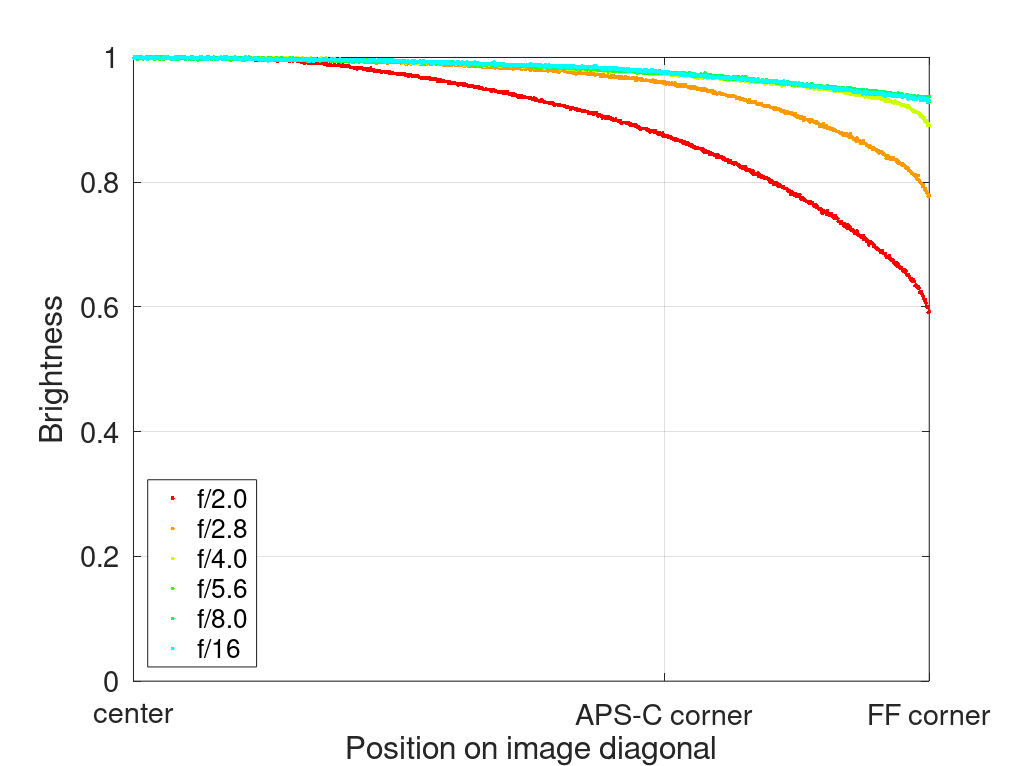
It is recommended to have a look at this article first to get an idea how this brightness graph works.
optical vignetting
In the following comparison we move from the center (left) to the extreme corner (right) and see how the shape of the light circle changes.
I see an average amount of optical vignetting here, but the smaller TTArtisan 50mm 2.0 actually showed less. Thanks to the all spherical design there are no issues with onion ring structures.
Sharpness
Focus shift
There is a bit of a focus shift between f/2.8 and f/4.0, as we can see the depth of field only extending to the back here, but it is not severe enough to pose a problem in the field.
infinity (42mp Sony A7rII, 24mp Leica M10)
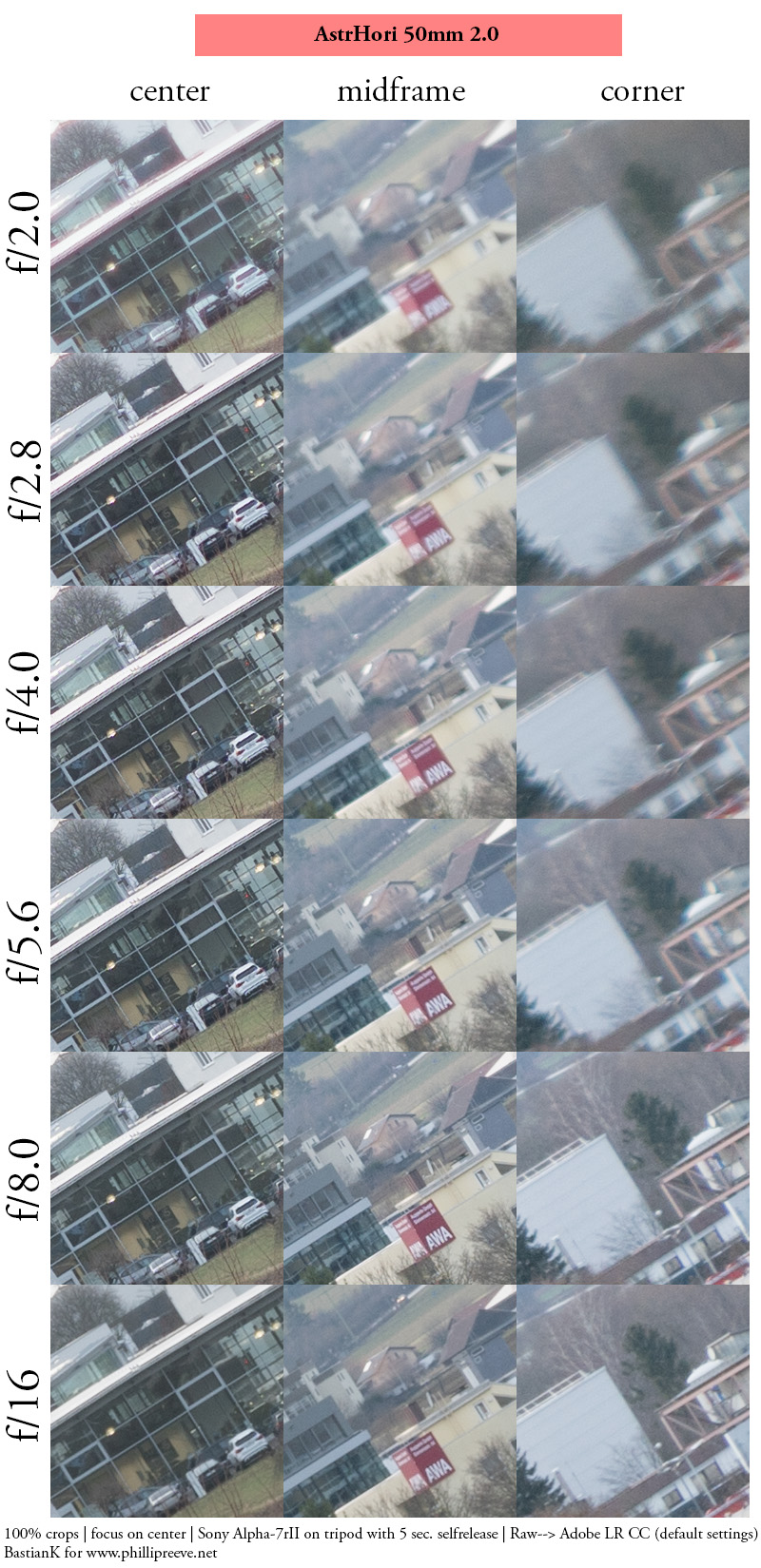
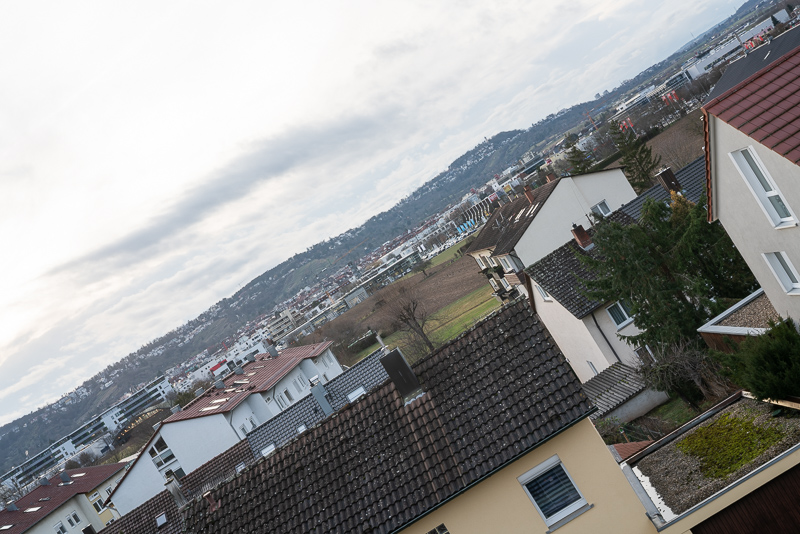
At its maximum aperture the AstrHori 50mm 2.0 is generally soft and also has some color aberrations. Away from the center it is very blurry.
For the midframe to look really good stopping down to f/8.0 is needed, for the corners something between f/8.0 and f/16. This isn’t exactly a great lens for infinity shooting.
The TTArtisan 50mm 2.0 looks way better in the midframe, but its corner performance also isn’t really something to write home about.
portrait distance 1.5 m (24mp Sony A7rII)
For portraiture it isn’t so important how flat the field is, it is more interesting to see what the sharpness is like when focused at different parts of the frame to take field curvature out of the equation.
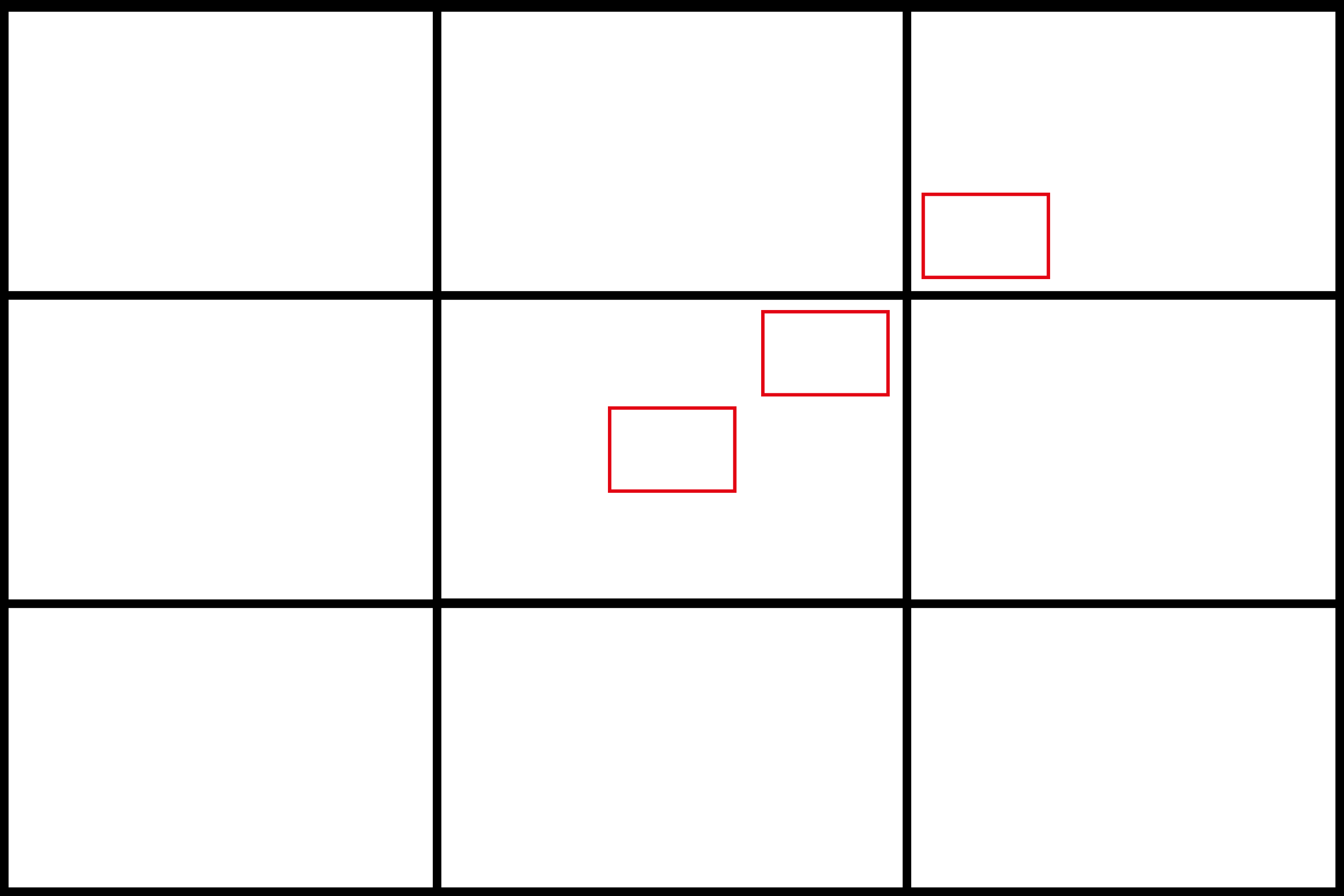
We will be looking at 100% crops from the 42mp Sony A7rII.
f/2.0 <—> f/2.8
This AstrHori 50mm 2.0 is also slightly softer at portrait distances at its maximum aperture. Good news are: Astigmatism is well corrected, so this lens is still easy to focus. Stopping down to f/2.8 increases the contrast a bit.
close 0.47 m, 1:7.6 (42mp A7rII)
A minimum focus distance of 0.47 m is typical for a 50mm lens.
The performance is also typical for a rather simple unit focus design without floating elements: a bit soft at f/2.0, less soft at f/2.8, really good from f/4.0.
Flare resistance
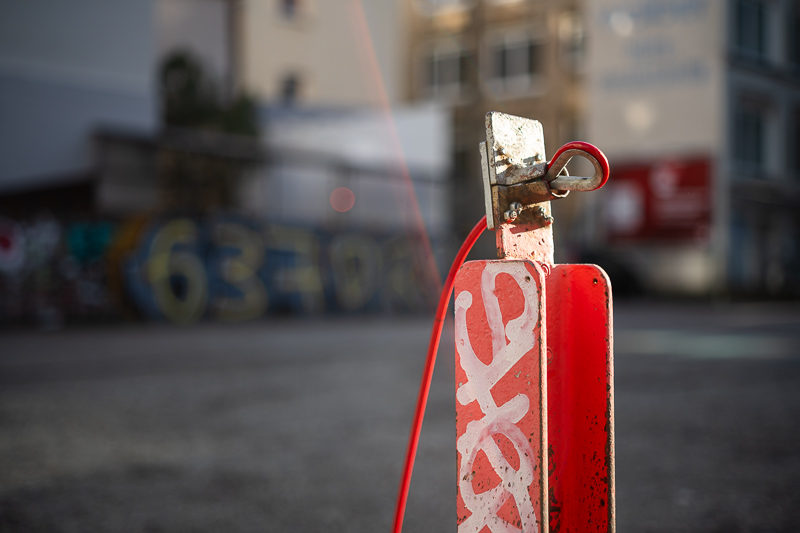
Evaluating flare is a complex matter since you can get any lens to look bad if you push it hard enough and a slight change of scenario can affect results a lot.
This is the one category where most of the affordable lenses from the Chinese manufacturers struggle, and this AstrHori is no exception.
At its maximum aperture with the sun outside of the frame you may come across huge frame filling ghosts. With the sun inside the frame the contrast may also take a huge hit.
Stopped down to f/8.0 I encountered less issues with ghosts, but veiling flare is still an issue. The pictures often look washed out here.

This performance reminds me more of a vintage and not a modern 50mm lens.
Coma
100% crops from extreme corner, focused at center, Sony A7rII
The corner sharpness is generally not great, and it seems Coma is part of the problem, as it really takes stopping down to f/8.0 for clean corners. In this category this is still a better performance than what I have seen from the TTArtisan 50mm 2.0.
Distortion
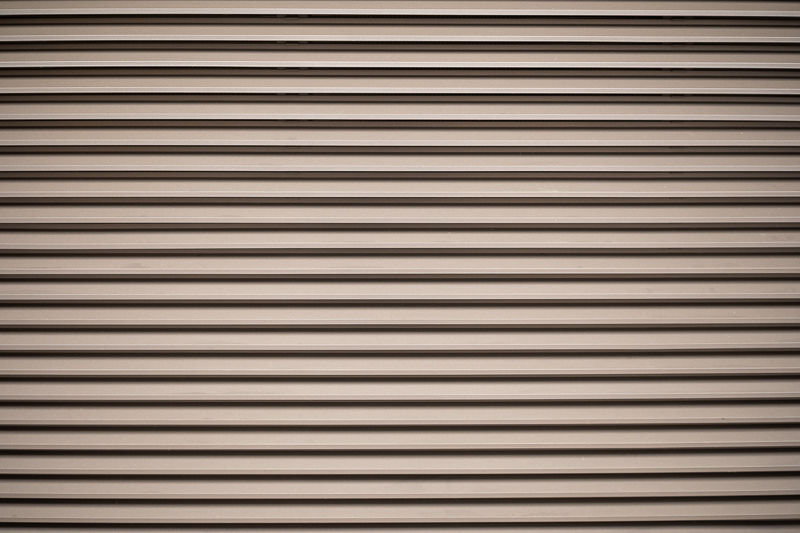
The AstrHori 50mm 2.0 only shows low distortion, with a lot of straight lines running through the picture it might still be noticeable though.
Bokeh

A maximum aperture of f/2.0 is not overly impressive in a 50mm lens these days, but it is still sufficient to create a blurred background at close to mid distances, so that is what we are going to have a look at.
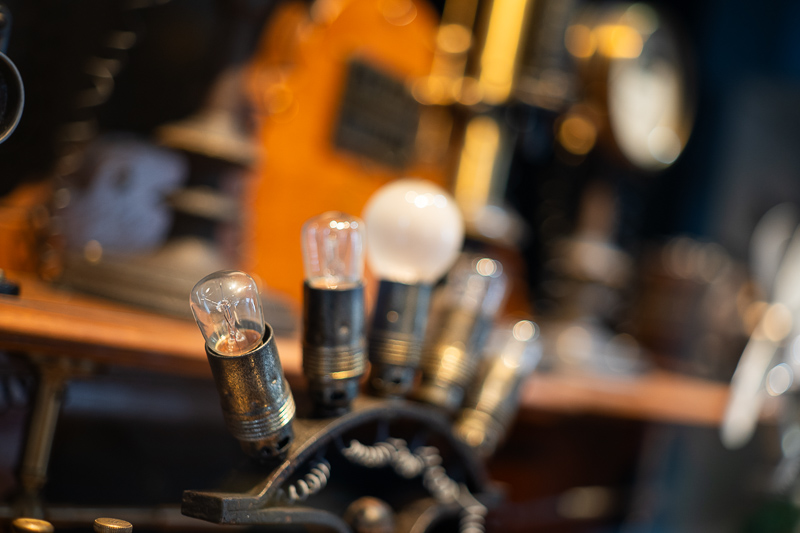
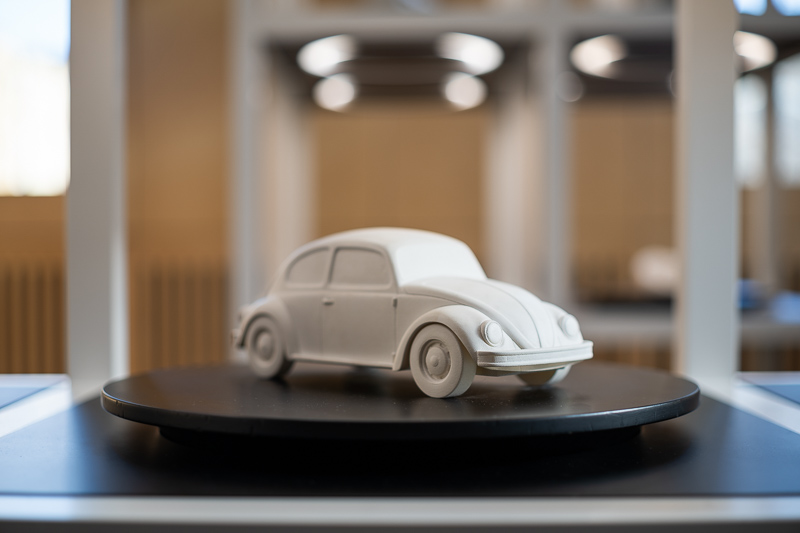
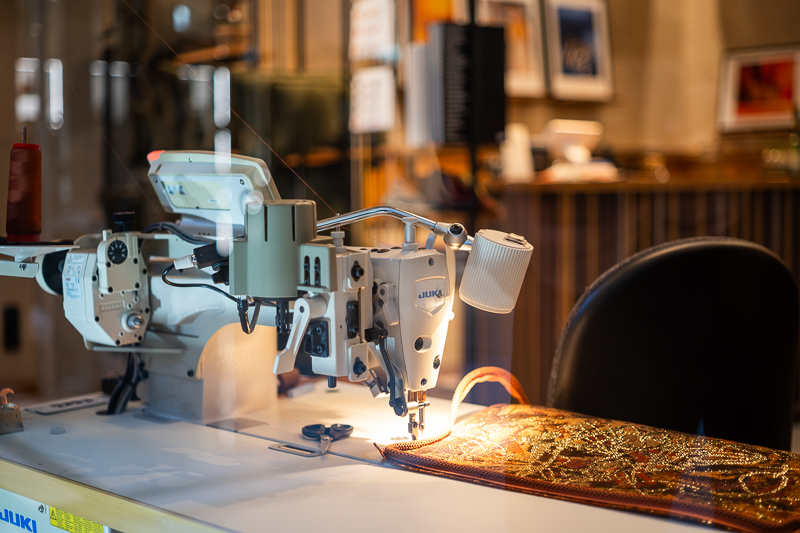
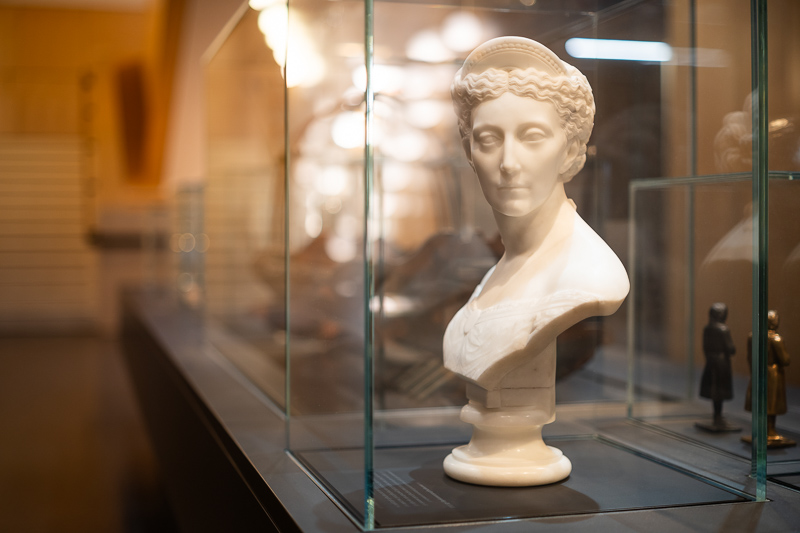
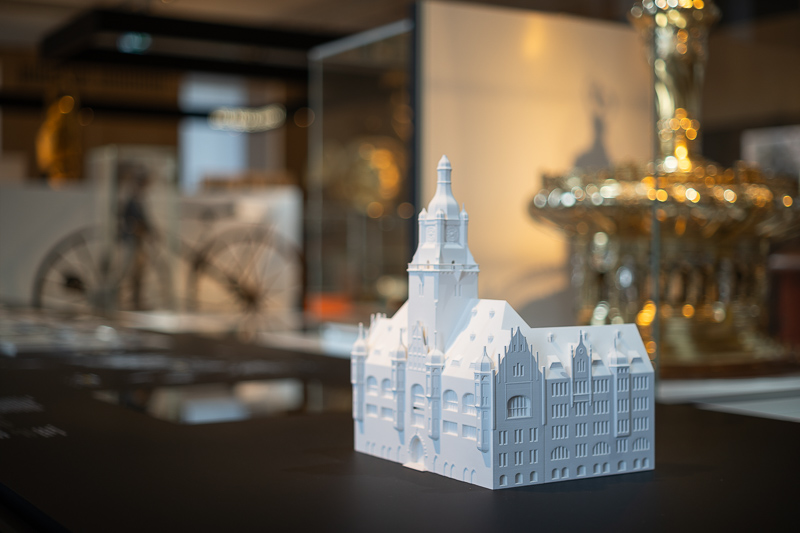
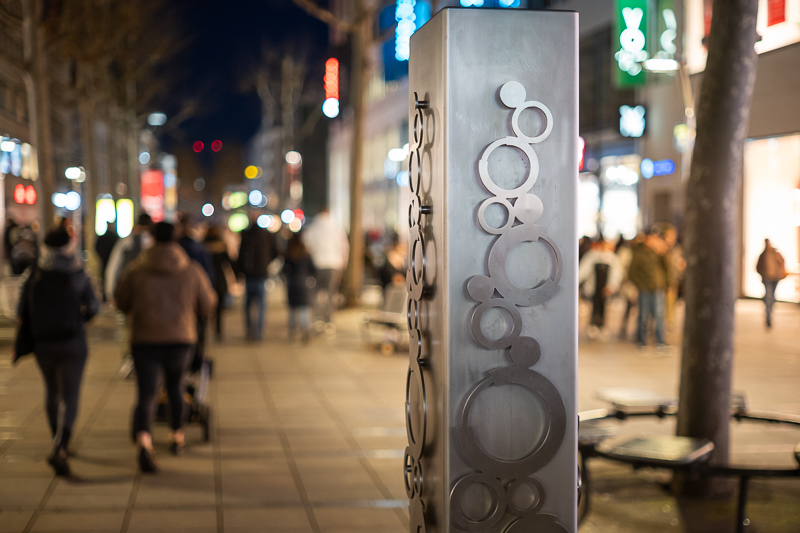
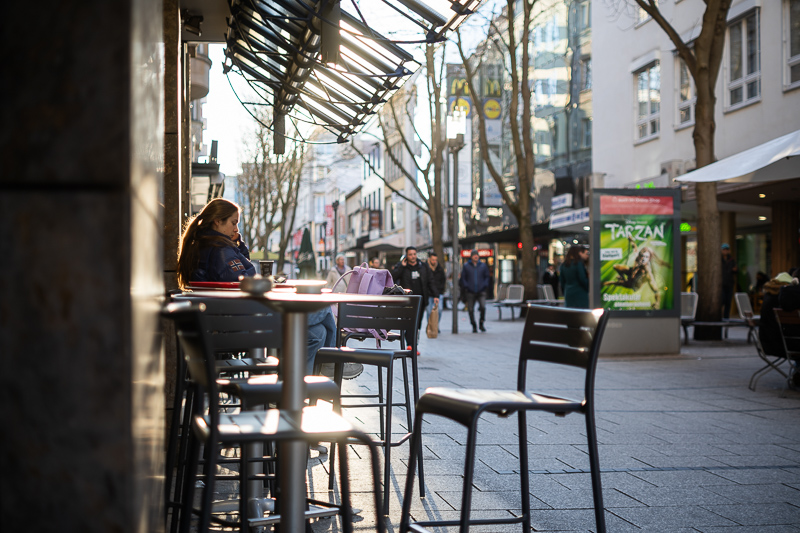
For a 50mm f/2.0 lens the bokeh is quite alright actually. Transition zone looks undistracting, there are no issues with double edged structures and also the cat’s eye effect is not overly pronounced.
Sunstars
I was actually wondering why so few manufacturers go for 12 rounded aperture blades, as theoretically that should lead to a combination of nice bokeh slightly stopped down and nice sunstars stopped down a lot. Actually, this is exactly what we are getting here, as the AstrHori 50mm 2.0 creates nice sunstars between f/8.0 and f/16.
If you want to know more about sunstar rendering of different lenses have a look at this article.
Chromatic aberration
lateral
Lateral CA are very well corrected, there are hardly any visible, even without correction.
longitudinal
Sony A7III | AstrHori 50mm 2.0 | 100% crops
At f/2.0 we see strong bokeh fringing typical for a lens with a rather simple optical design. Stopping down to f/2.8 improves the performance significantly.
Conclusion
good
|
average
|
not good
|
This AstrHori 50mm 2.0 is not an awful lens, but I also did not see anything outstanding that would make me choose it over any other reasonably fast, affordable 50mm lens.
The optical performance reminds me a lot of legacy 50mm lenses that feature similarly simple double gauss designs and also the mechanical design can best be described as simple. Here vintage lenses – even compact and affordable ones like the Nikon Series E 50mm 1.8 – definitely feel nicer to handle.
Now you may point out we should not expect that much from a lens retailing at $79 (new), and I would agree with you, if it wasn’t for the TTArtisan 50mm 2.0. That lens is noticeably smaller, lighter and even $10 cheaper while offering similar optical performance and much nicer build quality.
buy from ebay.com | ebay.de for $79 (affiliate links)
Alternatives
When it comes to 50mm 1.8 lenses there are nearly endless alternatives, so best have a look at our Guide to 50mm Lenses for Sony FE Cameras to get an overview.
Pay special attention to the TTArtisan 50mm 2.0,as it is the smallest 50mm 2.0 lens you can put on your E-mount camera and in my opinion the more appealing package.
Sample Images
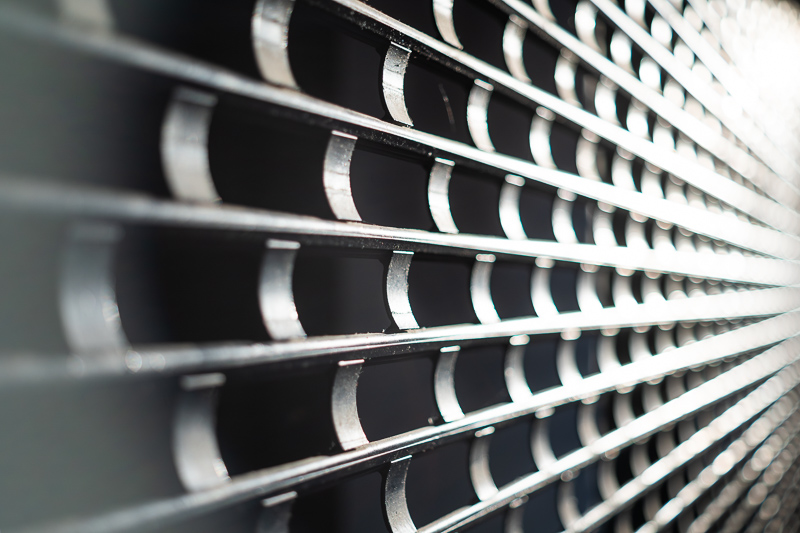
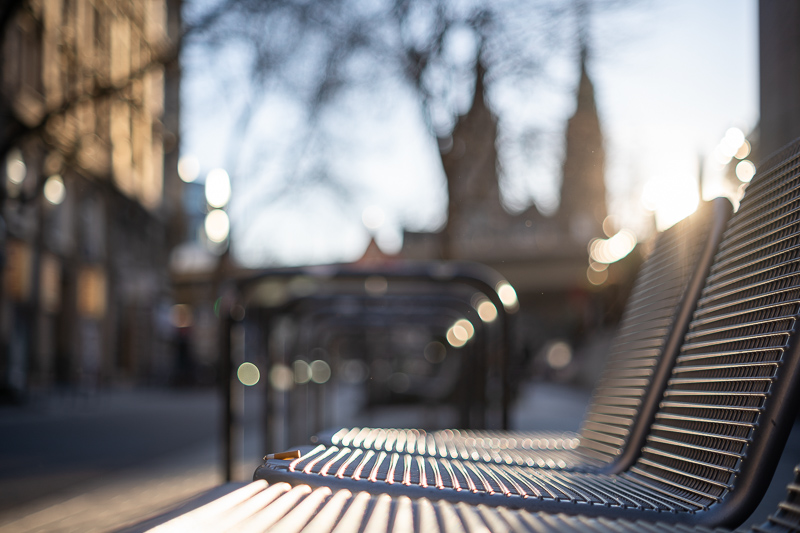


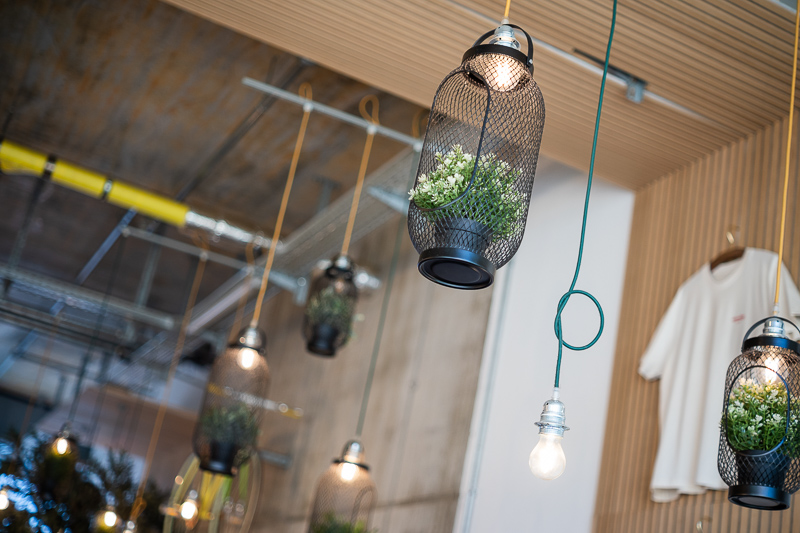



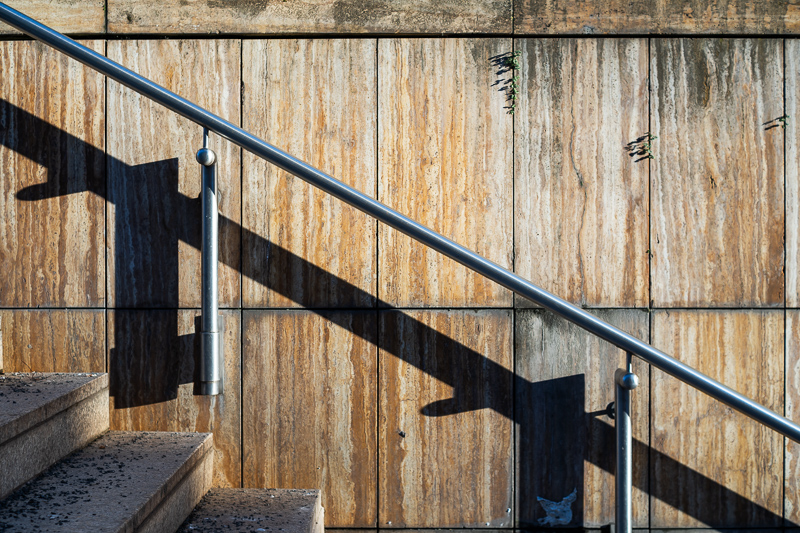
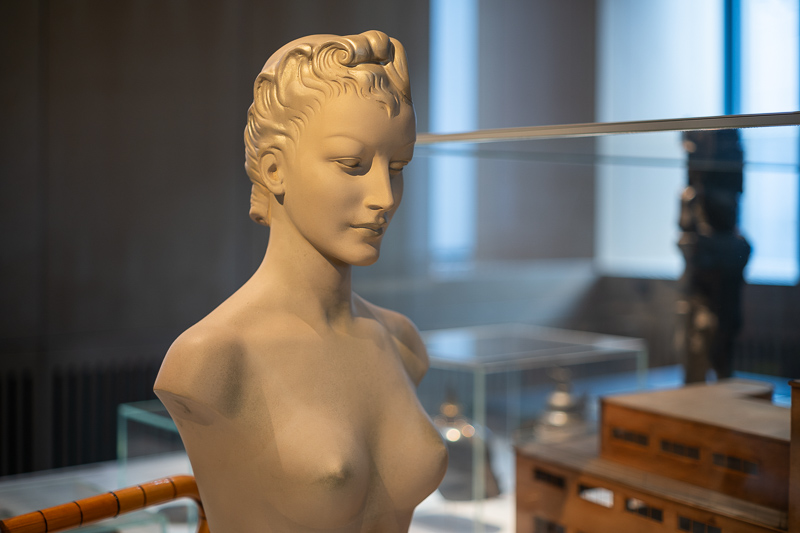
Most of the sample images in this review can be found in full resolution here.
Further Reading
- Sony FE lenses: Our comprehensive and independent guide
- Sony FE lenses: Our guide to portrait lenses from 85 to 135mm
- Finding photo opportunities near home
- Lens aberrations explained
- Analogue Adventures
Support Us
Did you find this article useful or just liked reading it? Treat us to a coffee!
![]()
![]()
![]() via Paypal
via Paypal
This site contains affiliate links. If you make a purchase using any of the links marked as affiliate links, I may receive a small commission at no additional cost to you. This helps support the creation of future content.
Latest posts by BastianK (see all)
- Review: Songraw 50mm 1.2 Moonlit - February 14, 2026
- Review: Nikon AF-S 14-24mm 2.8G – Way ahead of its time - February 11, 2026
- Analogue Adventures – Part 49: Fujifilm Neopan Acros 100 II - February 4, 2026


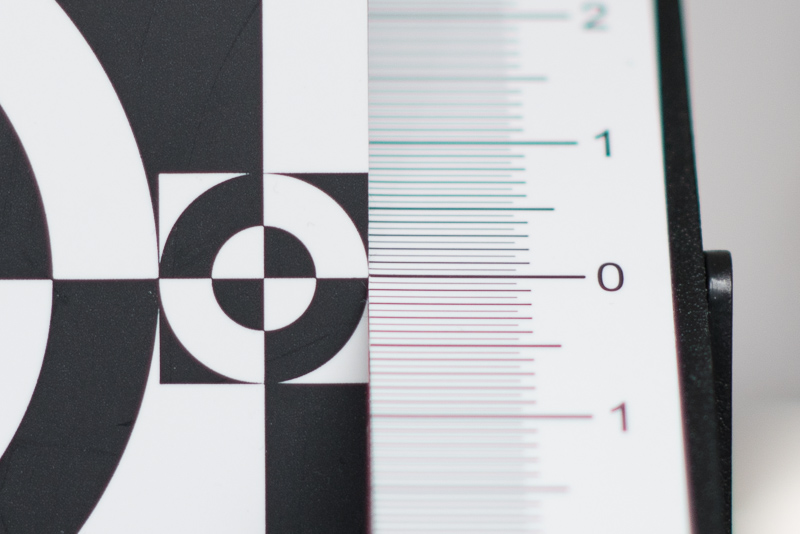
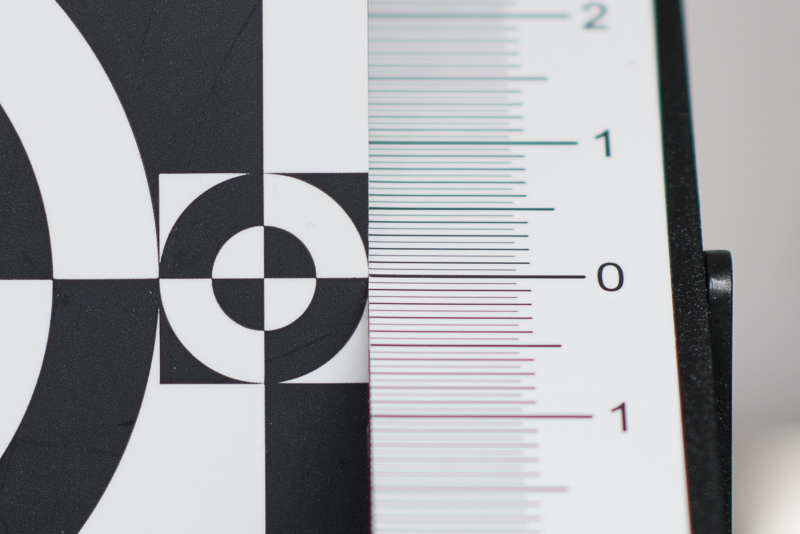
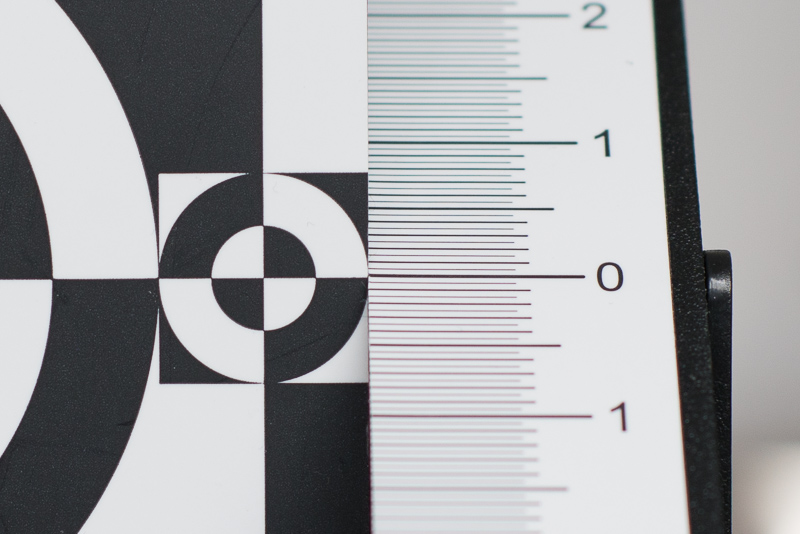
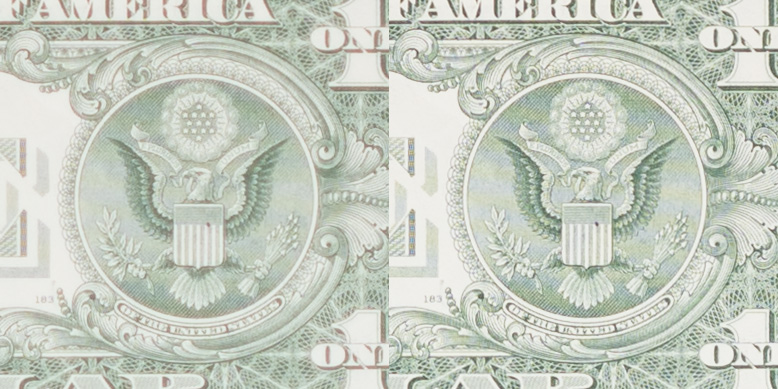
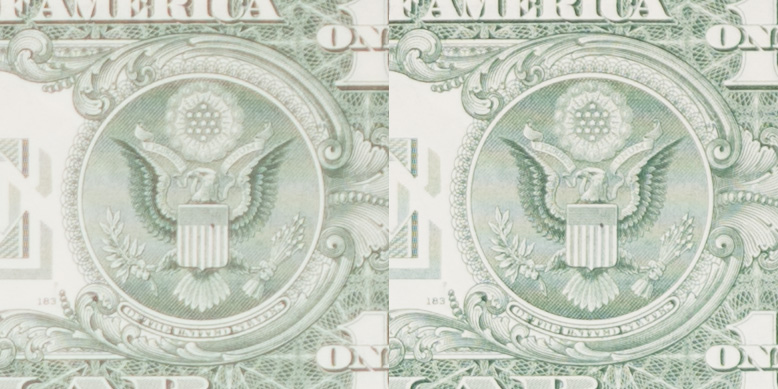
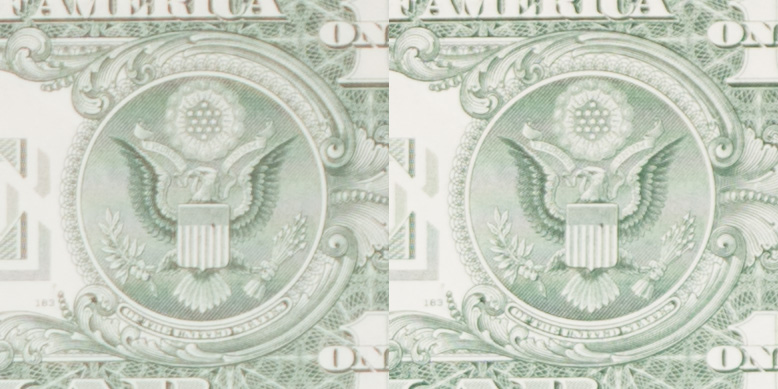




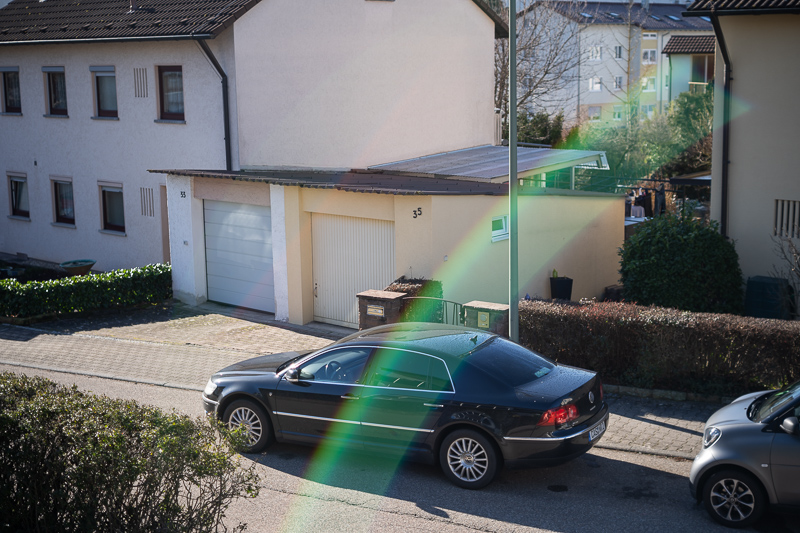
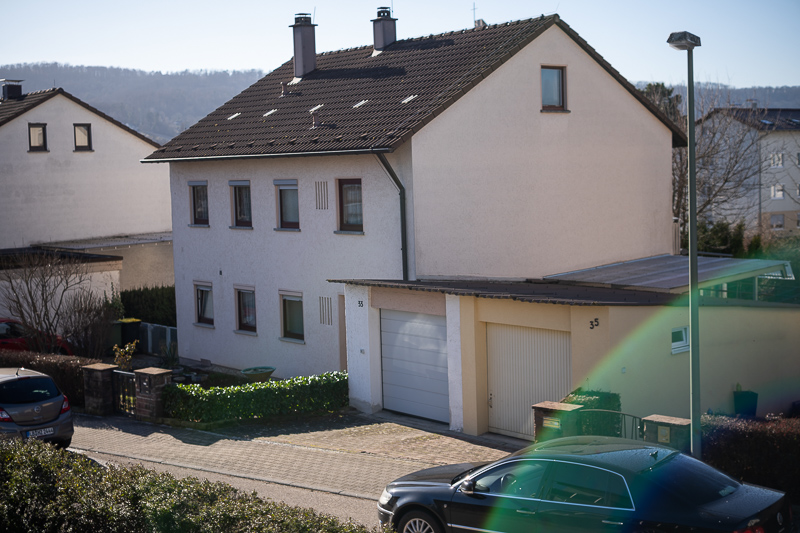
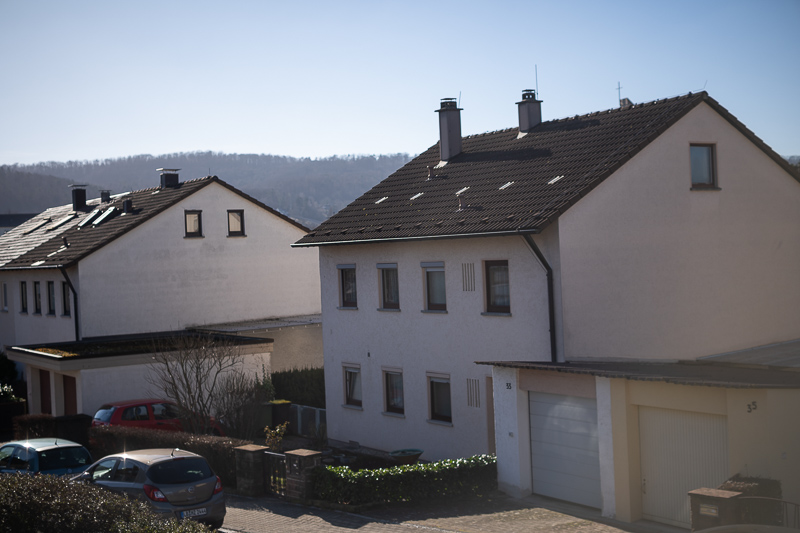
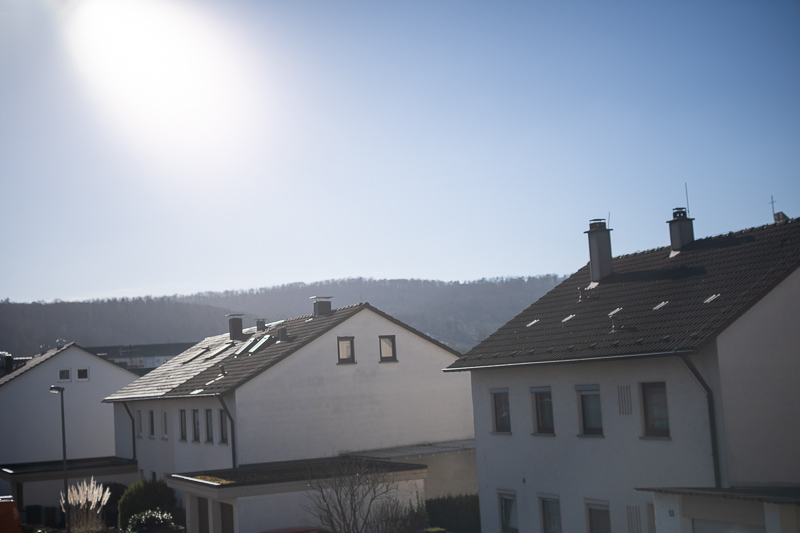

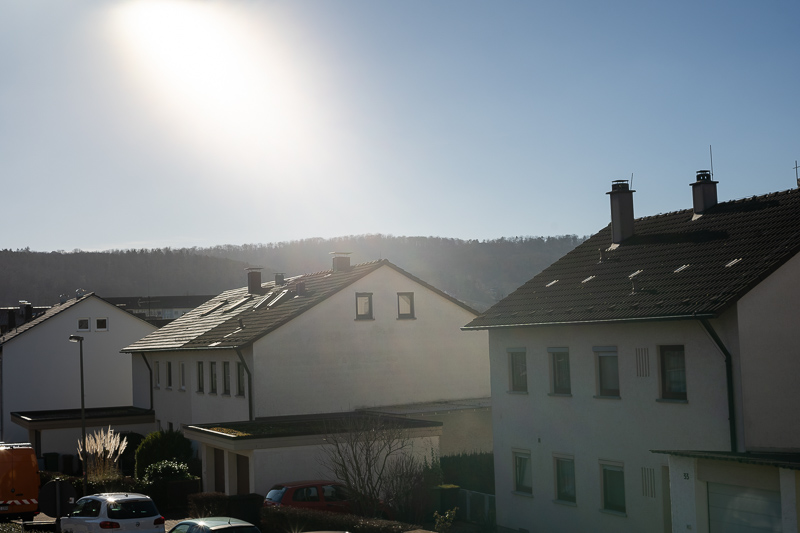
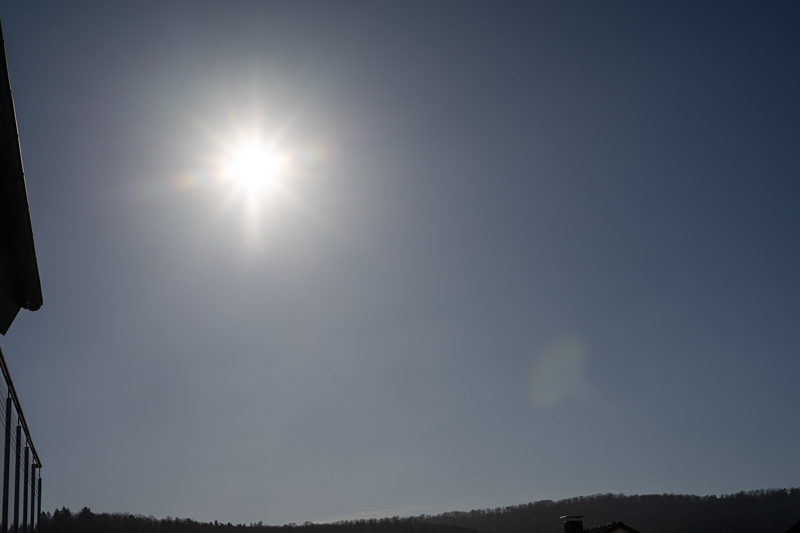
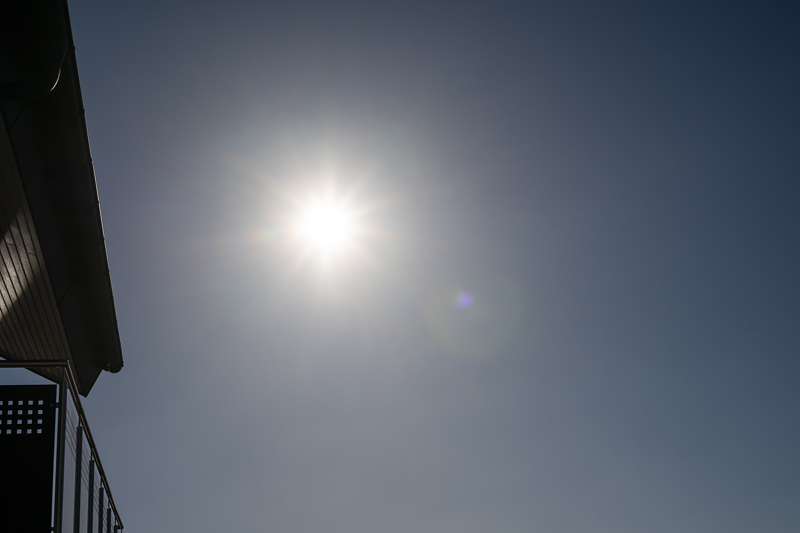
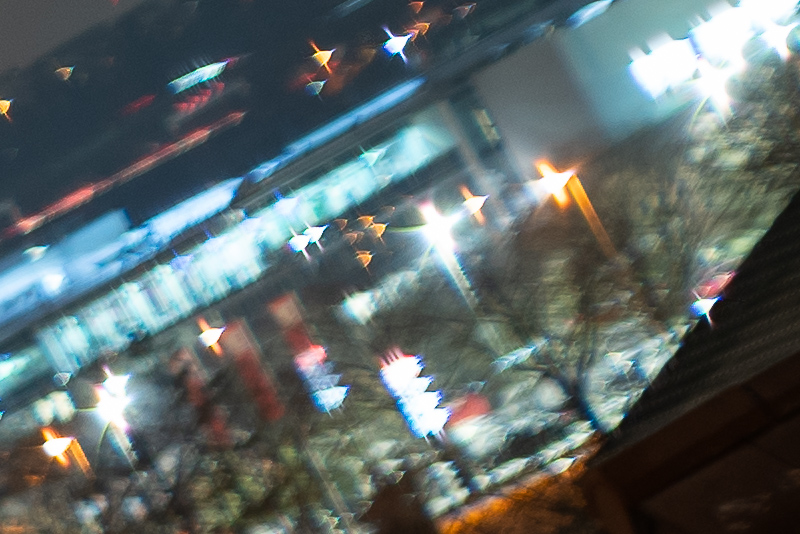
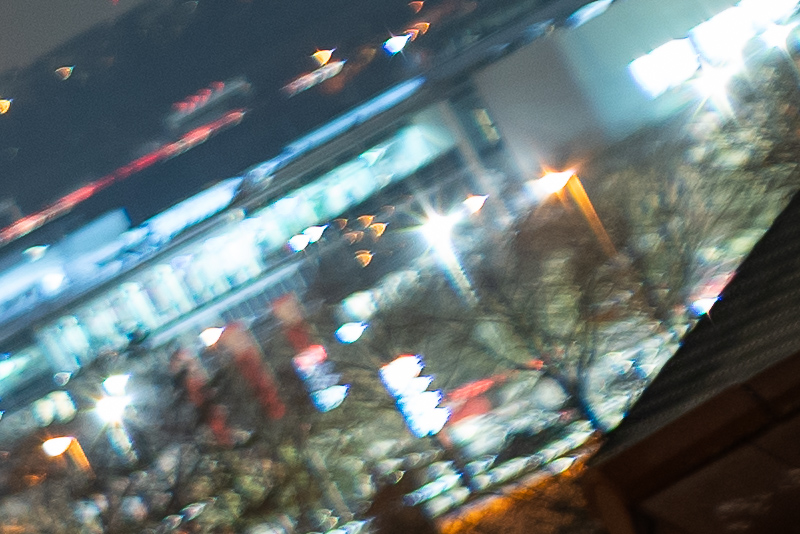

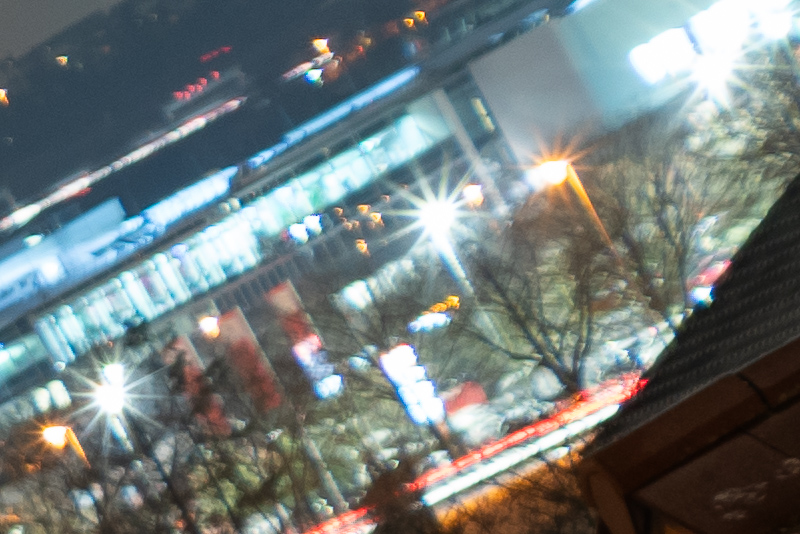


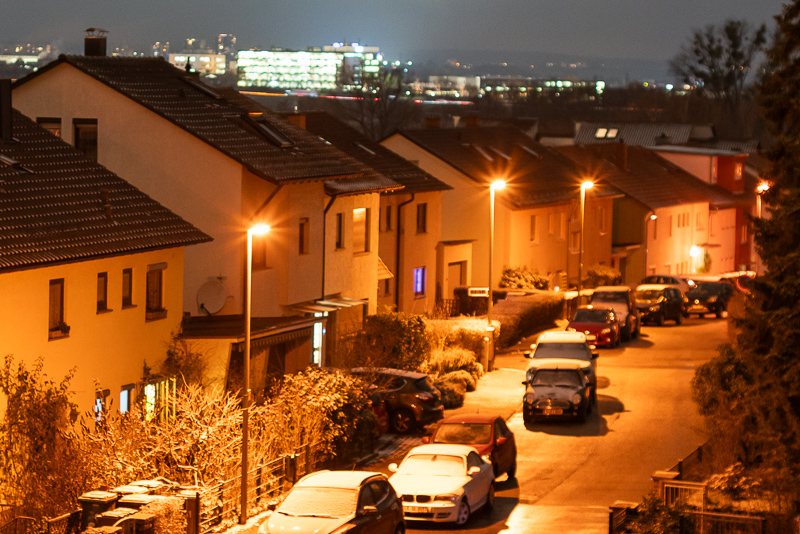
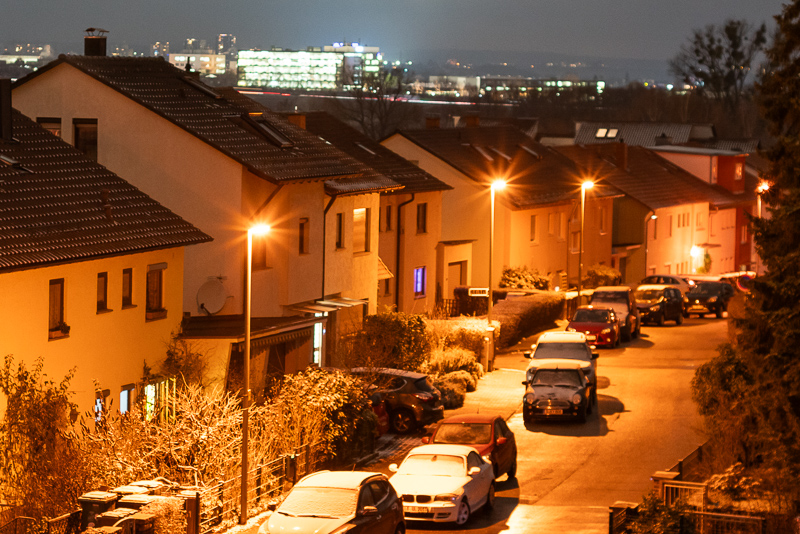
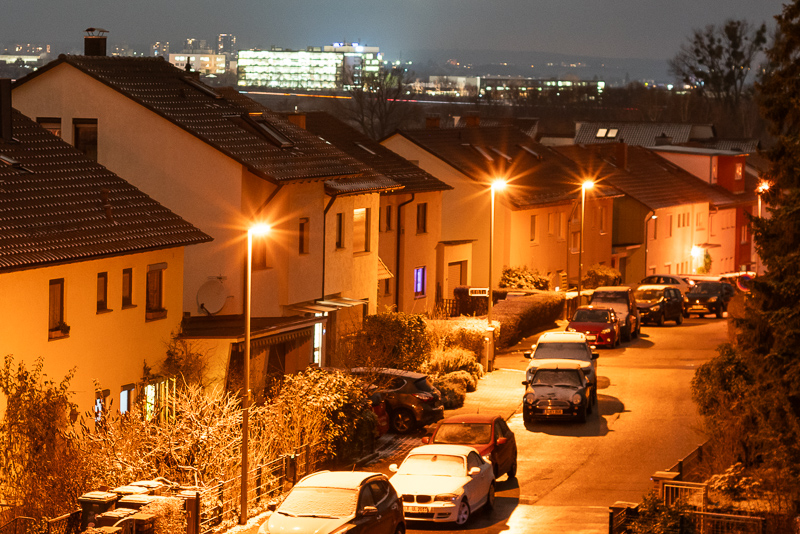
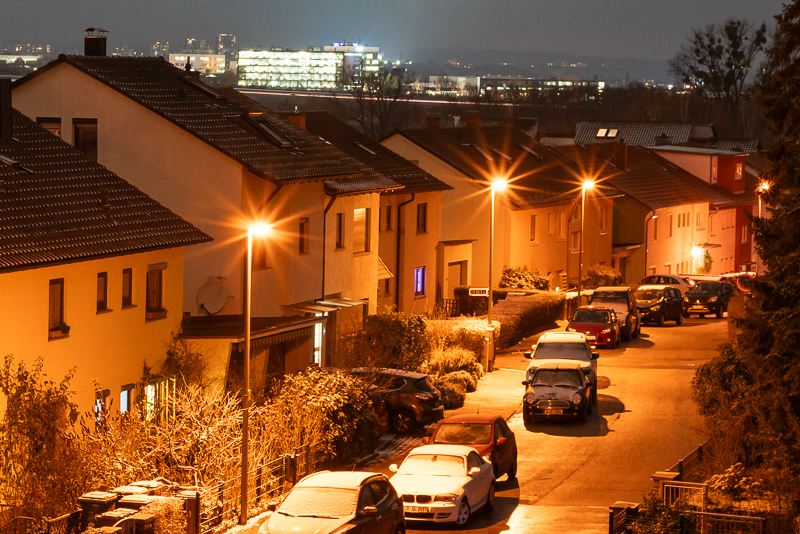
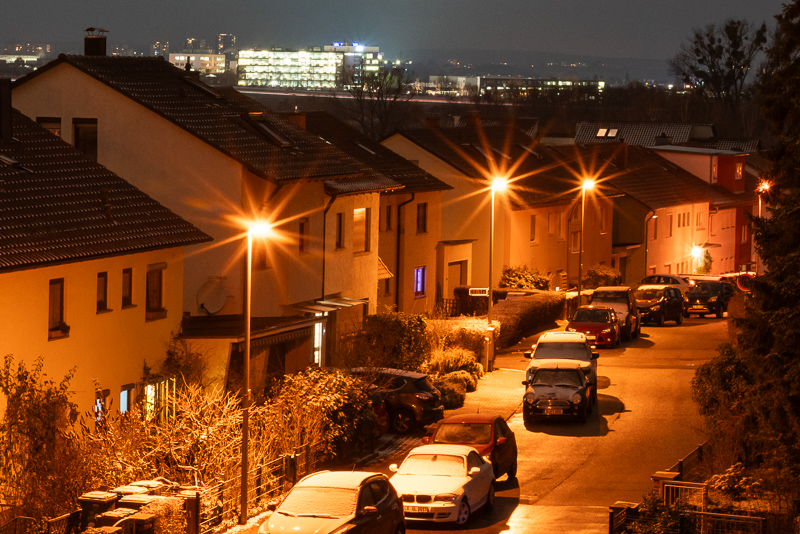
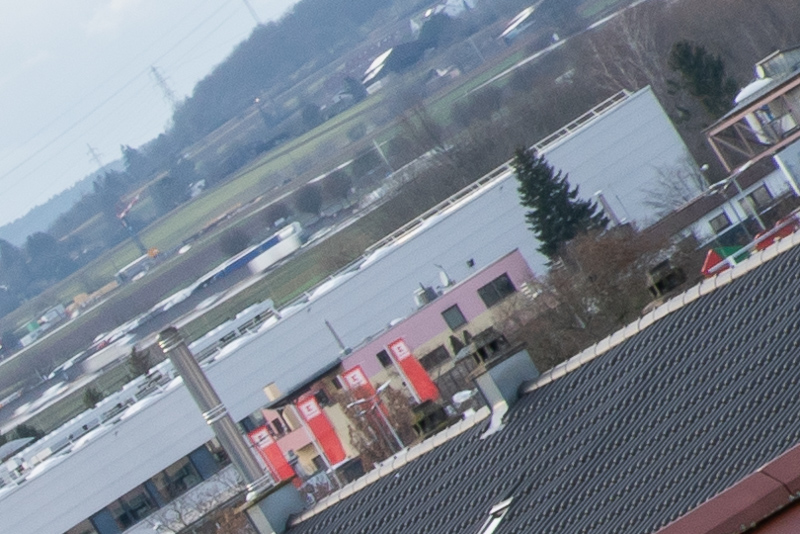

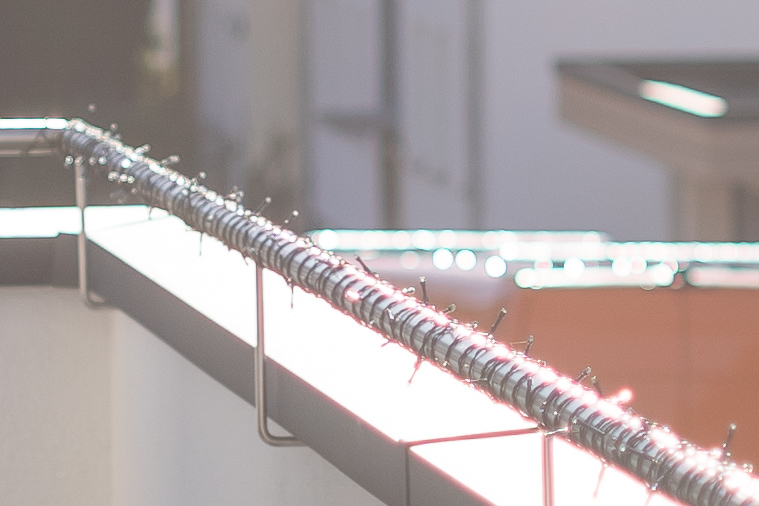
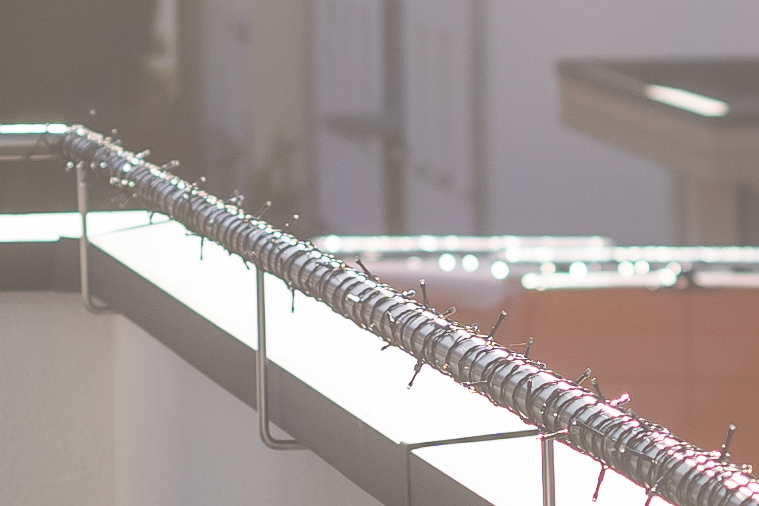


One thing I like about this lens is that it isn’t over saturated where the ttartisans seems to be. The tta looks kind of “cartoonish.” The pictures with this lens seem to have higher fidelity in that respect.
congratulations
Thank you 😅
Still waiting for the autofocus Laowa review!
Mark February 20th 🙂
haha, i was thinking exactly the same but was unsure if its appropriate to congratulate. but now that it’s probably confirmed: congratulations, Bastian, all the best! guess we’re about to see a few more AF lens reviews in the future 😉
Yeah, I would not rule out that opportunity…
I already prepared an analogue camera with AF 🙂
I think you’ve still got a while until you really need great AF, congratulations!
I appreciate this review, it’s good to know what kinda bargain is out there at a small-ish size to recommend to others… I’m still happy to have the TTArtisan 50/2 myself, thanks to you!
Hi Bastian,
Congratulations! I wish you all the best! I hope you will find some time and continue your excellent reviews and shots. 😃 It is always a pleasure to read them. So perhaps we will find more AF (or Zoom) lenses here in the future and a new camera with faster AF-Tracking.
I have 2 kids and it strong impacts my style of photography, because I have less time for changing lenses in the field and post processing.
Best regards
Mathias
Love the housing of this lens. They should team up with someone who is making a better optics and use this housing, would be a very good product.
Dear Bastian, I love the colors of your test photos, no matter what brand of camera you use. Would you perhaps have a rough tip for a Sony A7iv user to nudge him in the right direction?
Thank you so much.
Hi Frieder,
I don’t think I did anything special to the colors here.
I will share the Lightroom settings of some of the pictures from this review with you tomorrow!
One picture I made a little warmer, the other one did not receive any changes to the colors.
I am using auto white balance and the standard “Adobe Color” profile.
Thank you very much, Bastian. Maybe I often have too much reflective green within my subjects.